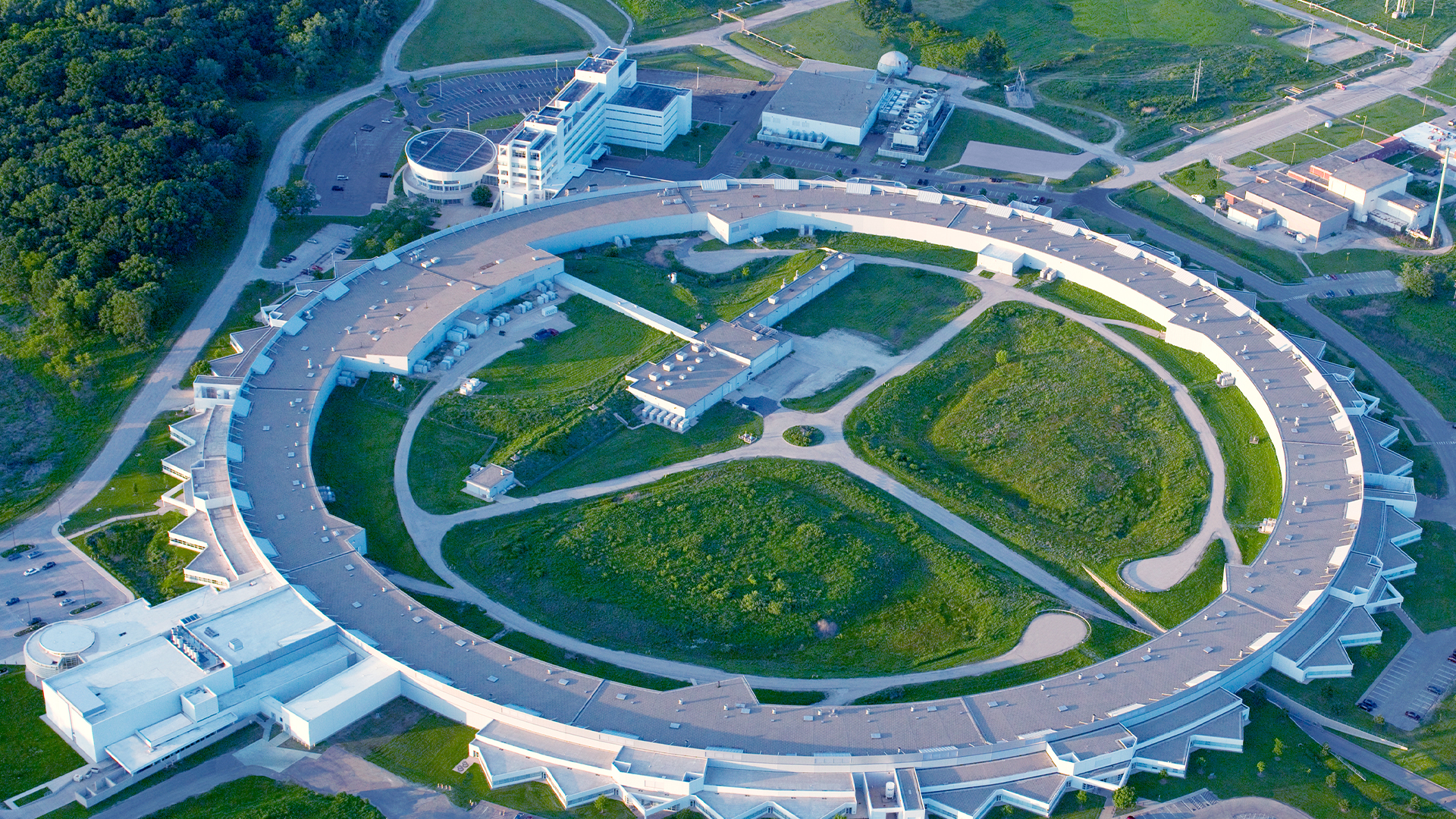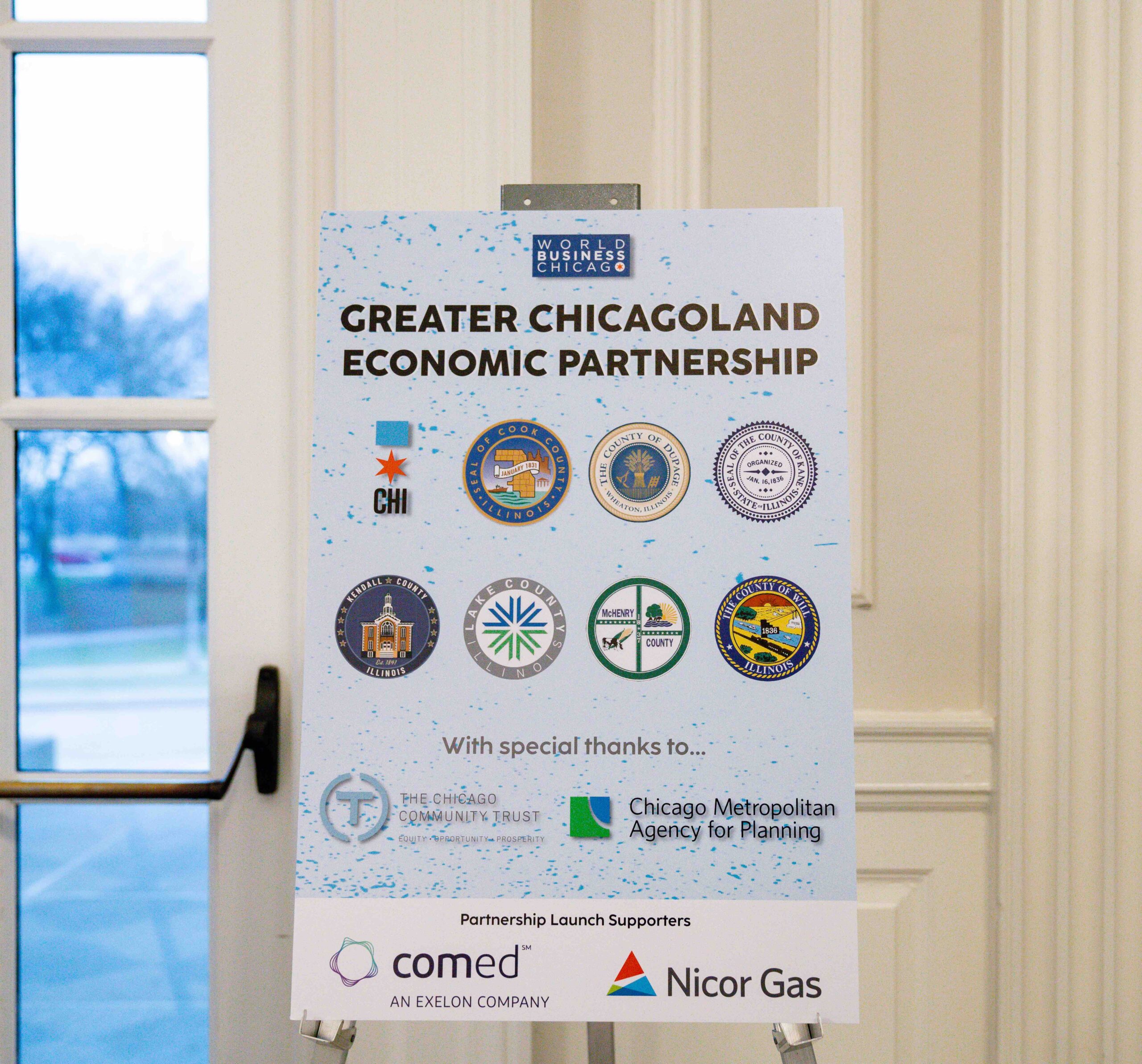To provide the reliable energy required to power groundbreaking discoveries in energy, transportation and medical treatments, ComEd has completed a new substation at the U.S. Department of Energy’s (DOE) Argonne National Laboratory to support the lab’s new Aurora exascale supercomputer—one of the nation’s most advanced computers with the ability to seamlessly integrate data analysis, simulations, modeling and artificial intelligence.
The 138-kilovolt substation is the latest collaboration between ComEd and Argonne to ensure reliable energy for campus’ critical research. This is the third substation ComEd has deployed for Argonne’s Lemont campus.
“At ComEd, we are committed to building the electric infrastructure necessary for the advancement of science and the development of breakthrough technologies,” said Gil Quiniones, ComEd CEO. “Argonne’s work is critical for driving groundbreaking research, and we’re proud to power this innovative technology that holds the promise to change the world.”
Argonne is home to six additional national user facilities used by thousands of scientists from around the world each year. These unique research centers include world-leading computing capabilities and an X-ray microscope that is larger than Wrigley Field and 10 billion times brighter than medical X-rays.
“Argonne’s partnership with ComEd enables our team to use the new Aurora exascale supercomputer to conduct some of the most groundbreaking research in the world to drive innovation and support critical infrastructure,” said Argonne Director Paul Kearns. “Our shared mission will help improve the quality of life for millions of people around the world through our steps to tackle health research and identifying ways to ensure reliable, sustainable energy for our surrounding communities.”
This year, ComEd delivered its most reliable service on record and was recognized for being the most resilient utility in the country. Since starting smart grid investments in 2012, ComEd has avoided more than 19 million customer interruptions due in part to smart grid and system improvements. These investments have helped save customers more than $3.1 billion in avoided outages and many millions more through efficiencies created by technologies like smart meters and distribution automation.
This latest project builds on the strong collaboration between ComEd and Argonne. Earlier this year, ComEd and Argonne released the first phase of a comprehensive Climate Risk and Adaption Study as part of ComEd’s long-term effort to understand the impacts of climate change to the power grid and operations and begin to devise strategies to adapt in northern Illinois. This is the first study of its kind in the region.



